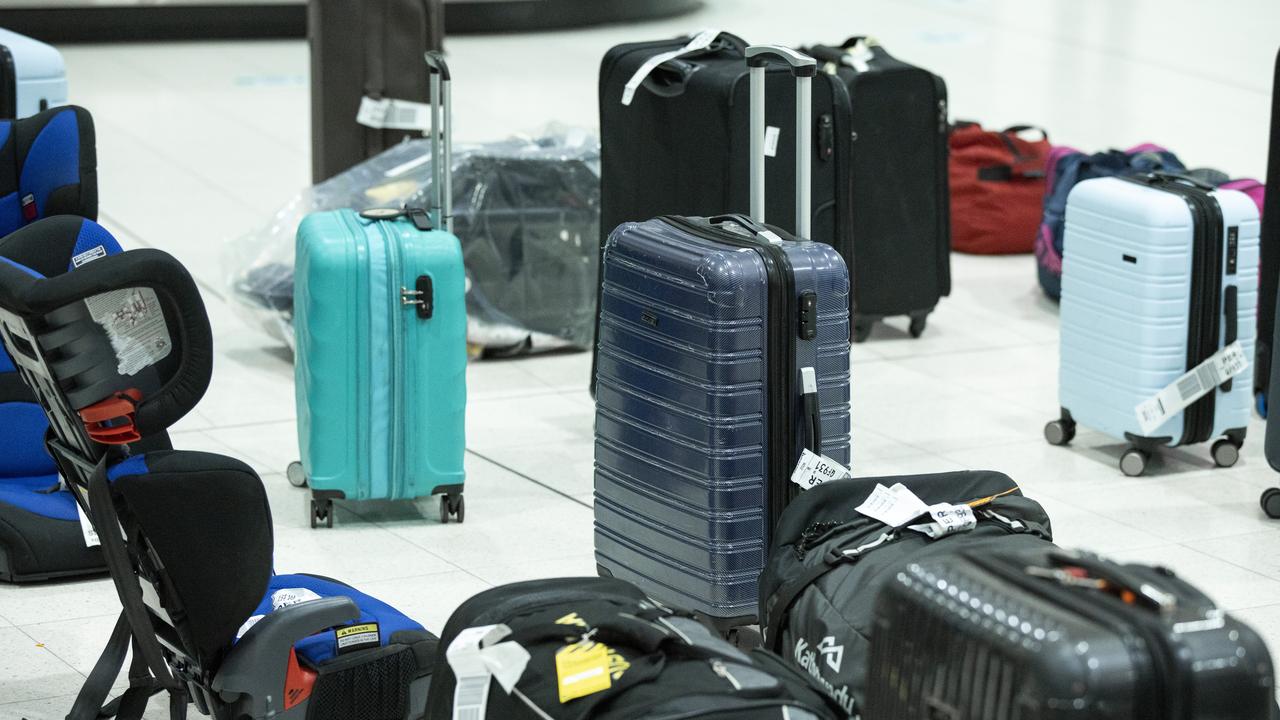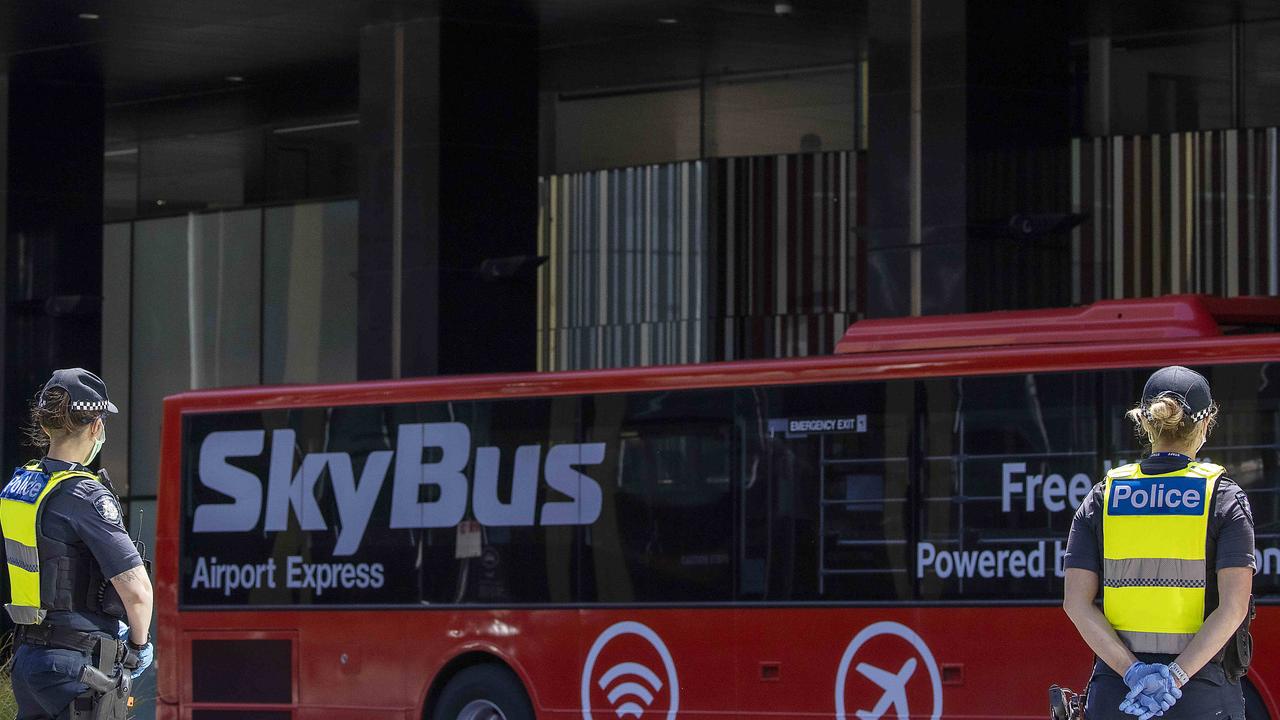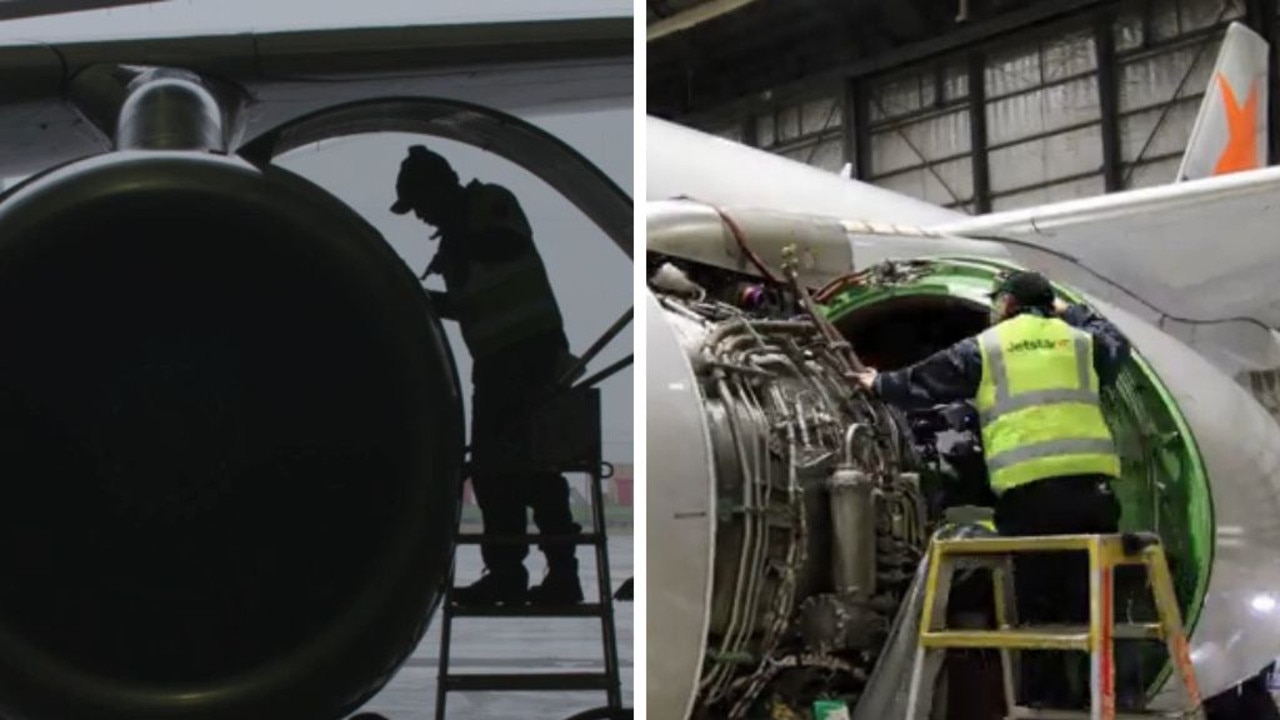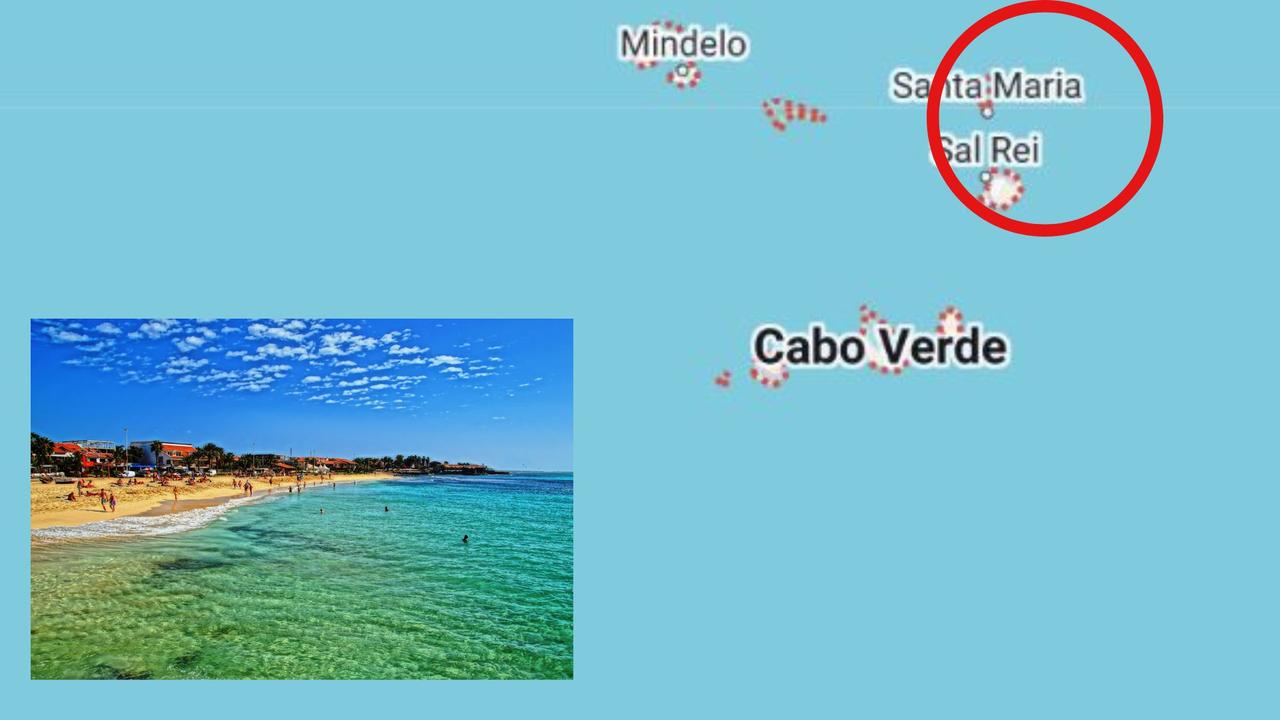Why new COVID strain means UK travel may be delayed even after vaccine
Visitors heading to Australia from locations such as the UK and the US may have to undergo quarantine restrictions until at least mid-2022.
Visitors heading to Australia from hotspot locations, such as the UK and the US, may have to undergo hotel quarantine restrictions until at least mid-2022.
Infectious diseases expert Professor Peter Collignon has delivered a grim reality check for Aussies hoping to be free of the virus soon and recommence travel overseas.
Speaking to ABC News Breakfast, the Australian National University professor said the ongoing risk across the world meant the coronavirus pandemic would likely be an issue until at least the end of the year, and even into 2022 for travellers.
“Some people need to go there for family, business and other reasons,” he said of overseas travel to countries with high COVID-19 cases.
“In the short-term for this year, if you come back from any area where there is a lot of COVID, you will probably have to assume you will have to keep away from others for 14 days, whether it is home quarantine with monitoring.”
RELATED: Follow the latest COVID-19 updates

RELATED: Alert for popular Bunnings as new community case recorded in Qld
Prof Collignon said that even if someone arriving in the country has had the vaccine, he believes they will still be required to have 14 days of quarantine for the foreseeable future.
“Look at London at the moment … one in 30 people have the virus and probably two in 100 coming back [to Australia] have it when they arrive. If you have a vaccine that is 90 per cent effective, you still have two in 1000 people who will come back [to Australia] with the virus, even if they’re vaccinated,” he said.
“That is the level of the virus we had in Melbourne in its height last winter. I can’t see at the moment, while there is a lot of virus circulating in a lot of places overseas, if we go there and we are vaccinated, there is still a risk you can carry the virus when you come back and you maybe be asymptomatic, so we will need restrictions on people coming back from high prevalence areas even if they are vaccinated.”
Prof Collignon said he feared the ongoing elimination strategy of the virus in Australia is a double-edged sword, and a focus that could cause complacency among the population.
“The trouble with the elimination strategy is people think, it is eliminated, we can go back to normal, not take any precautions at all,” he said.

“We have got problems with this virus until the end of the year and maybe longer because there is so much around the world.
“Even with vaccination, none are 100 per cent effective.
“If you go to a high prevalence area, you still have a reasonable chance of coming back with the virus. You will still need to isolate. We still need to keep crowds down indoors, wear masks when there is transmission occurring in the community of any note. More importantly, keeping away from others and when we are sick, getting tested.”
Prof Collignon said these measures would have to continue at least “for the next year”.
“If people think they have eliminated it and say we can go back to normal, crowded bars and don’t worry about spacing, that is when it comes back into one of those places and it will spread widely with much more problems and if everybody thinks it still might be here, a suppression strategy seems to have worked in Australia so far.”



